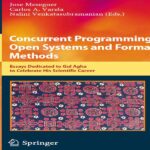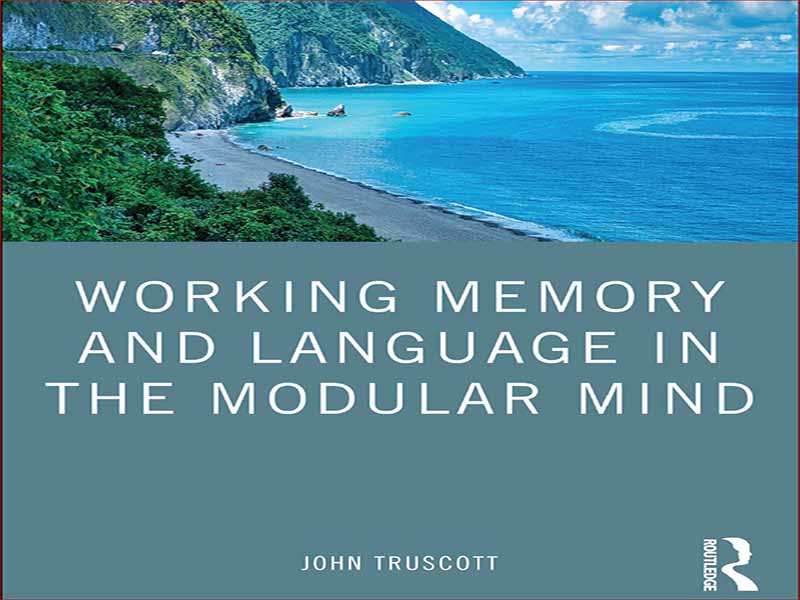- عنوان کتاب: Working Memory and Language in the Modular Mind
- نویسنده: John-Truscott
- حوزه: ذهن
- سال انتشار: 2022
- تعداد صفحه: 207
- زبان اصلی: انگلیسی
- نوع فایل: pdf
- حجم فایل: 2.57 مگابایت
این کتاب به بررسی دو جنبه اساسی ذهن انسان و ارتباط آنها با یکدیگر می پردازد. اول روشی است که از اطلاعات در ذهن استفاده می شود. مثلاً وقتی در حال انجام یک مسئله حسابی ذهنی هستیم، چگونه میتوانیم بیتهای اطلاعات مربوطه را به ذهن بیاوریم و در حین انجام یک سری محاسبات، آنها را در آنجا نگه داریم؟ این حافظه کاری است، موضوع یک ادبیات تحقیقاتی عظیم در روانشناسی، علوم اعصاب، و بسیاری از رشته های دیگر. مشخص کردن فرآیند حافظه فعال اکنون بخش عمده ای از تلاش ها برای درک ذهن انسان است. اینکه چگونه این فرآیند را توصیف کنیم، البته به نحوه توصیف ذهن انسان به عنوان یک کل بستگی دارد. به ویژه، آیا ذهن از تعدادی واحد مجزا تشکیل شده است که هر یک کارکرد تخصصی را انجام می دهند؟ دلایل قابل توجهی وجود دارد که بگوییم اینطور است، و این دیدگاه مدولار از ذهن در بسیاری از کارهای آکادمیک، به ویژه در علوم اعصاب شناختی، با مفاهیم مهمی برای درک ما از نحوه عملکرد حافظه فعال، برجسته شده است. اما این مفاهیم به طور شگفتانگیزی در این نقطه مورد توجه قرار گرفتهاند. هدف این کتاب بررسی این رابطه بین حافظه فعال و مدولار بودن است، ابتدا به صورت کلی و سپس با استفاده از یک دیدگاه مدولار خاص از ذهن – چارچوب شناخت مدولار. این ایده ها از طریق یک برنامه کاربردی برای زبان و به ویژه فراگیری و استفاده از زبان دوم نشان داده شده و بیشتر توسعه می یابند.
The book explores two fundamental aspects of the human mind and their relation to one another. The first is the way that information is put to use in the mind. When we are doing a mental arithmetic problem, for example, how do we bring the relevant bits of information to mind and hold them there while carrying out the series of calculations? This is working memory, the subject of an enormous research literature in psychology, neuroscience, and a great many other disciplines. Characterizing the working memory process is now a major part of efforts to understand the human mind. How we characterize this process depends of course on how we characterize the human mind as a whole. In particular, is the mind made up of a number of distinct units, each carrying out a specialized function? There is considerable reason to say that it is, and this modular view of the mind has become prominent in a great deal of academic work, notably in cognitive neuroscience, with important implications for our understanding of how working memory works. But these implications have received surprisingly little consideration to this point. The aim of the book is to explore this relation between working memory and modularity, first in general terms and then using a specific modular view of the mind – the Modular Cognition Framework. The ideas are illustrated and further developed through an application to language and especially second language acquisition and use.
این کتاب را میتوانید از لینک زیر بصورت رایگان دانلود کنید:





































نظرات کاربران